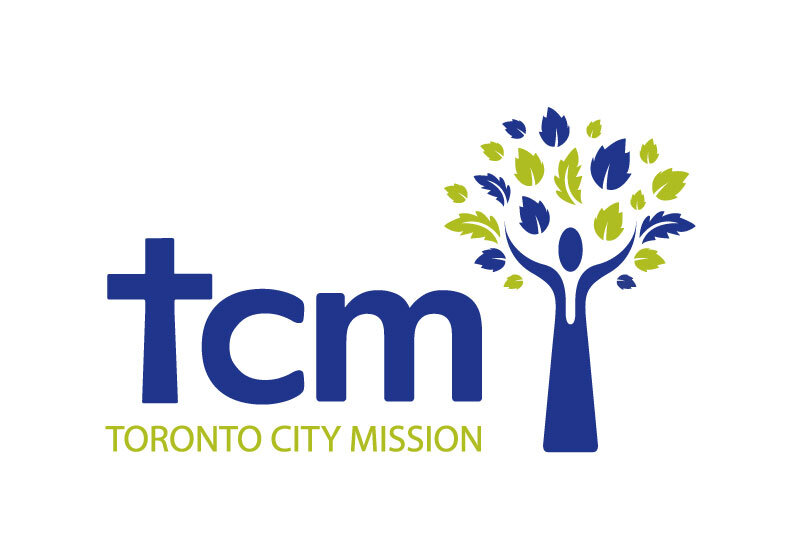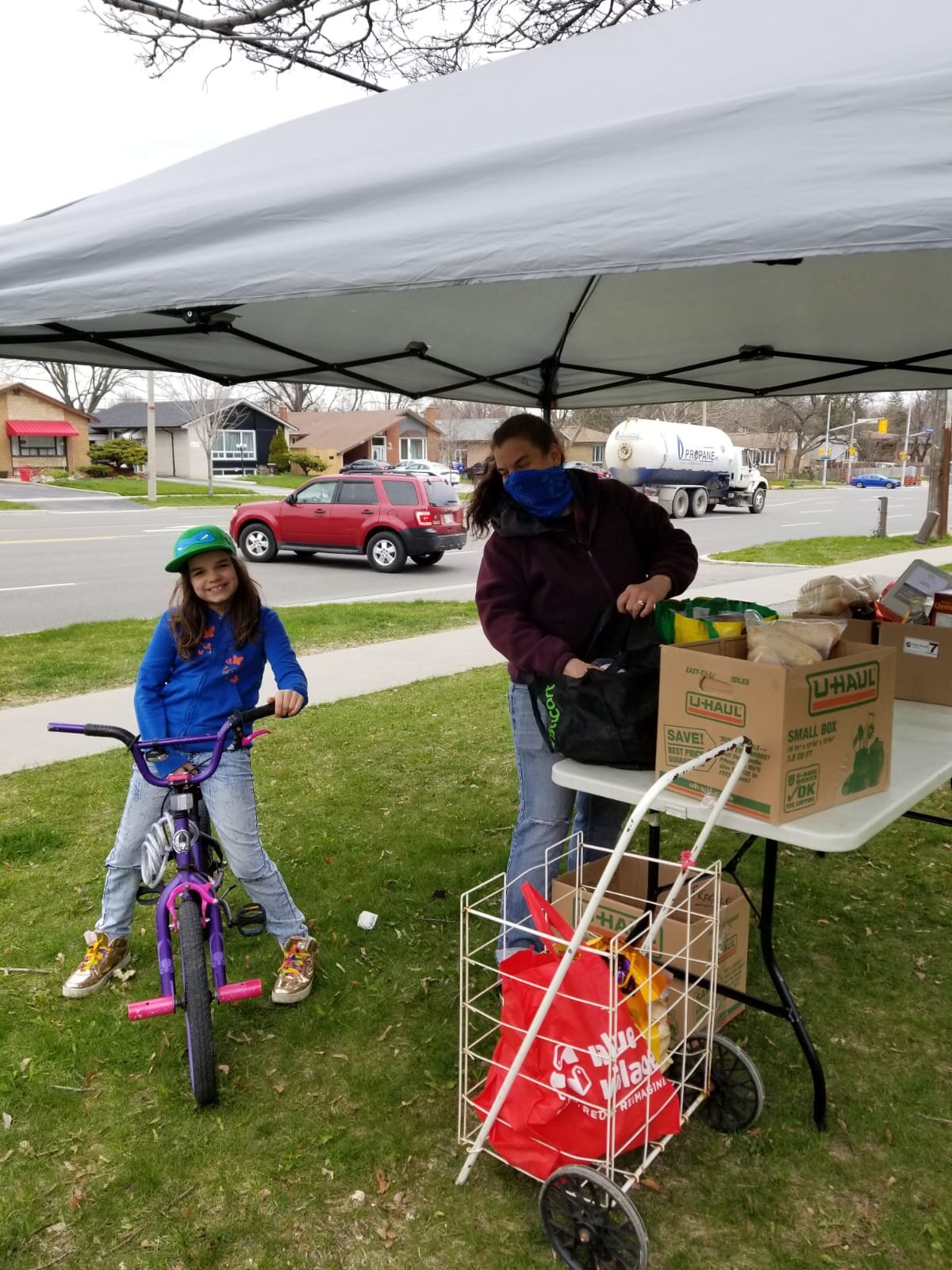By: Rachelle Alcazaren | Outreach Worker in Kingston-Galloway
Statistics:
1 in 5 people in Canada will experience a mental health problem or illness each year
Anxiety disorders rose up to 20% in the last 5 years, and continue to rise along with hospitalizations for suicidal teenagers
1 in 3 adolescents aged 13-18 will experience an anxiety disorder
Use of cannabis and alcohol by teens and younger adults has increased during the pandemic, with solitary substance use becoming more common.
More than a ⅓ of youth received mental health services in an academic setting ex. school , college, etc., but with the pandemic they are going without extra help
Canada’s youth suicide rate is the third highest in the industrialized world
Mental disorders in youth is ranked the second highest hospital care expenditure in Canada, surpassed only by physical injuries
Only 1 in 5 children who need mental health services actually receives them in Canada
Our world is becoming even more dependent on technology than ever before. Because of the pandemic, our whole worlds revolve online, which is especially true for teenagers and children in school. Our connections have gotten broader in this world, but to our demise, they have gotten shallower as well. They are exposed to a number of people all at once on the internet, but sit alone in their rooms all day. The pandemic has only made it worse. There is a great need for deeper connection and relationship, but we aren’t able to have that at this time. Hangouts are replaced by FaceTime calls and Zoom sessions, and the only people we have to talk to that are physically near us, are our families. Unfortunately, not every teenager gets along with their families. It might be harder to share their inner thoughts and feelings with their parents and siblings. There are some youth in our own community of Kingston-Galloway that have shared their struggles with this issue. Especially concerning immigrant households, the youth have shared similar differences in culture, language, and ways of thinking between themselves and their parents that make it particularly difficult to find a middle ground. In general, our connections in this world consist of many people who only know us at face value, with only a few that know where we are at spiritually and emotionally.
Fostering relationships as a teenager is one of the most important factors in development. People who genuinely invest in a teenager’s life with care and commitment shape who they are and who they will become as people. At TCM, we invest in our teenagers through programs that build their character, leadership and relationship with God. Throughout the year, youth are able to participate in our Teens Leading Community Program (TLC). Here, youth learn and develop various skills, learn responsibility and grow their faith. They learn to be leaders in their very own communities. After all, who knows the community better than them? The TLC’s are a big part of our other Sonshine Day Camp and KIC programs.
Through these programs, they’re able to interact with kids in their community and help lead and guide them. These programs are vital to the community because it provides a place for youth to grow and cultivate their skills in a safe environment. An environment that not only cares about their education, health and well-being, but also their spiritual lives.
The fact that social media has ultimately replaced relationships (to varying degrees depending on the person) is a truly concerning fact. People are feeling more lonely than ever, especially now that everyone is in social isolation due to the pandemic. Social media also shows the best parts of people’s lives, and it can bring a person’s self-esteem down to see their own “reality.” Anxiety and depression is becoming more and more common in children, youth, and young adults. I am not saying that social media is the one true cause of everyone’s mental health problems, but that it is one piece in a puzzle of other factors causing increased mental health issues in today’s world.
Other Causes Could Include and Are Not Limited To:
High expectations and the culture of achievement in today’s society
A scary world: news articles from all over the world can be found by a click of a button. We hear and see stories of terrible things happening all over the world every day - something that is possible now because of technology
The unknown nature of the pandemic
Stressful home environment
Hormonal changes in mood
Social environment and social isolation
Remote learning because of the pandemic- days are long, lonely, and it’s hard to get academic help
How Can We Be There For Our Children and Teenagers?
Be aware of mental health issues and don’t be afraid to talk about it with your child and/or youth. Fostering an environment of love and acceptance is important for their development.
Listen without judgement or waiting for the opportunity to talk. It’s easy to dismiss our child/teen’s problems as dramatic. Sitting there with presence and purpose instead of dismissing it or having the need to give advice might be just what they need. Sometimes you don’t even need to talk!
Older kids might not want to talk, and younger children might not have the words to express what they’re feeling. Establishing an environment that they can be comfortable in can take time.
Focus on resilience. Help them build skills that they can use to adapt to day-to-day challenges. What can they control? What can’t they control? Identify the little things that they do have control over and the things that only God has control over. Feeling helpless makes you more vulnerable and prone to depression and anxiety, so focusing on these skills can build their resilience.
Model good self-care to your children. If you can’t take care of yourself, how will you be able to care for them?
Learn the warning signs of anxiety and depression, and the symptoms associated with it. It is better to be knowledgeable than ignorant.
Get professional help. Here are some links to organizations that specialize in anxiety and depression in children and youth:
For children and youth
Provides professional counselling and information and referrals for mental health, addictions and well-being
Phone and online via web post or live chat
Open 24 hours a day, 7 days a week
Free, anonymous and confidential
Call: 1-800-668-6868 to speak with a professional counsellor
Text: CONNECT to 686868 to connect with a trained, volunteer Crisis Responder
For people between the ages of 17-25
For post-secondary students in Ontario
Provides professional counselling and information and referrals for mental health, addictions and well-being
Free, confidential and anonymous helpline
Open 24 hours a day, 7 days a week
Call: 1-866-925-5454 to speak with a professional counsellor
Text: GOOD2TALKON to 686868 with a trained, volunteer Crisis Responder
All ages
Provides information about counselling services and supports in your community
Listens, offers support and provide strategies to help you meet your goals
Provides basic education about mental illness
Call: 1-866-531-2600
All ages
A free telephone help-line for people experiencing emotional distress (including suicide)
Provide listening and referral services primarily through highly trained volunteers
Most centres are open 24 hours a day, 7 days a week
*information taken from Ontario Mental Health Services Children and Youth
Resources:











